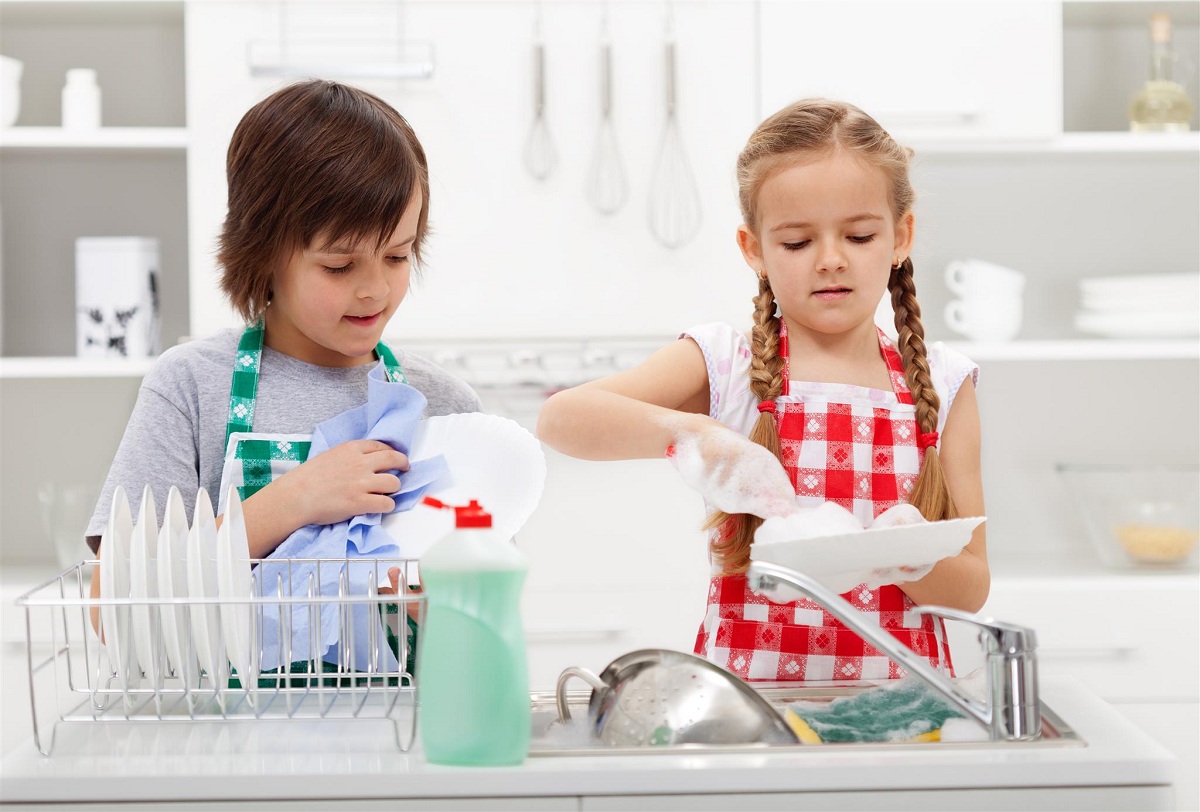Tired of asking your kids to pick up after themselves? Feel like a broken record?
I’m here to tell you that you’re not the Lone Ranger. Having kids is one hugely, repetitive ‘Groundhog Day’. There is always something that we need them to do, and always something that they have forgotten.
I strongly believe that children don’t intentionally leave the towel on the floor and the plate on the table to annoy us. It’s not in their psyche to think ‘Haha, that will teach her! I’ll leave the towel on the floor just to be annoying’. More likely, something else (much more interesting to them) has popped up and they’ve moved on without a second thought.
It’s every parent’s frustration. So how can we help our children stay focused on their immediate responsibilities, before moving onto the next shiny thing that grabs their attention?
Here are my three top tips to help your child complete their expected tasks, so you can keep your cool and maintain a harmonious atmosphere in your home.
1. Be explicit. I say it over and over, but does your child know exactly what you expect and when? Sometimes we assume they know to put the bowl in the sink… to hang their towel on the rack… to put their pyjamas under the pillow. If we are forward with our expectations and give information as to WHY (dirty bowls go in the sink so we can wash them, towels get hung so they can dry and pyjamas under the pillow so they are ready for tomorrow night) then our requests are usually met with a better understanding and more of a willingness to cooperate.
2. Don’t be a helicopter. I know how frustrating in can be when our requests are not followed through within minutes of being given. However, by standing over our kids and repeating the request over and over just causes kids to ‘switch off’ and gives us the title of ‘nag’. I also find my blood pressure rising as I say the same thing repeatedly. Much more effective is the ‘talk and walk’ strategy. As mentioned in strategy 1, give some information (like ‘towels go on the rack’) and LEAVE THE ROOM. This gives them space to complete the task and also sets a tone of belief that it will be done. If you come back and it’s not done, following up with a description (‘the towel is still on the floor’) or a one-word reminder (‘towel!’).
3. Say how you feel – without making judgement of your child’s personality. It’s ok to let your child know you are tired and frustrated when you’ve said something six times – and it’s still not done. However, always start the sentence with ‘I’…. ‘I’m frustrated that the towel is still not picked up!!’ Remember, a child’s actions do not define them as a person. We all make mistakes, forget things, overlook things and occasionally cut corners. We can help kids take responsibility for their actions by modelling how to take responsibility for our own ‘less than perfect’ actions. It’s never to late to admit we’ve done the wrong thing, sometimes apologise (if applicable) and ‘fix’ our mistake.
I wish there was a magic button to press which would ensure our kids always took responsibility and helped around the house. Alas… not so. However, if we follow these three steps and objectively address our child’s aloofness as each issue arises then we are less emotionally invested and keep things in perspective. It’s just a towel. Is it really worth a fight?

